'Country of the Week' - Ukraine
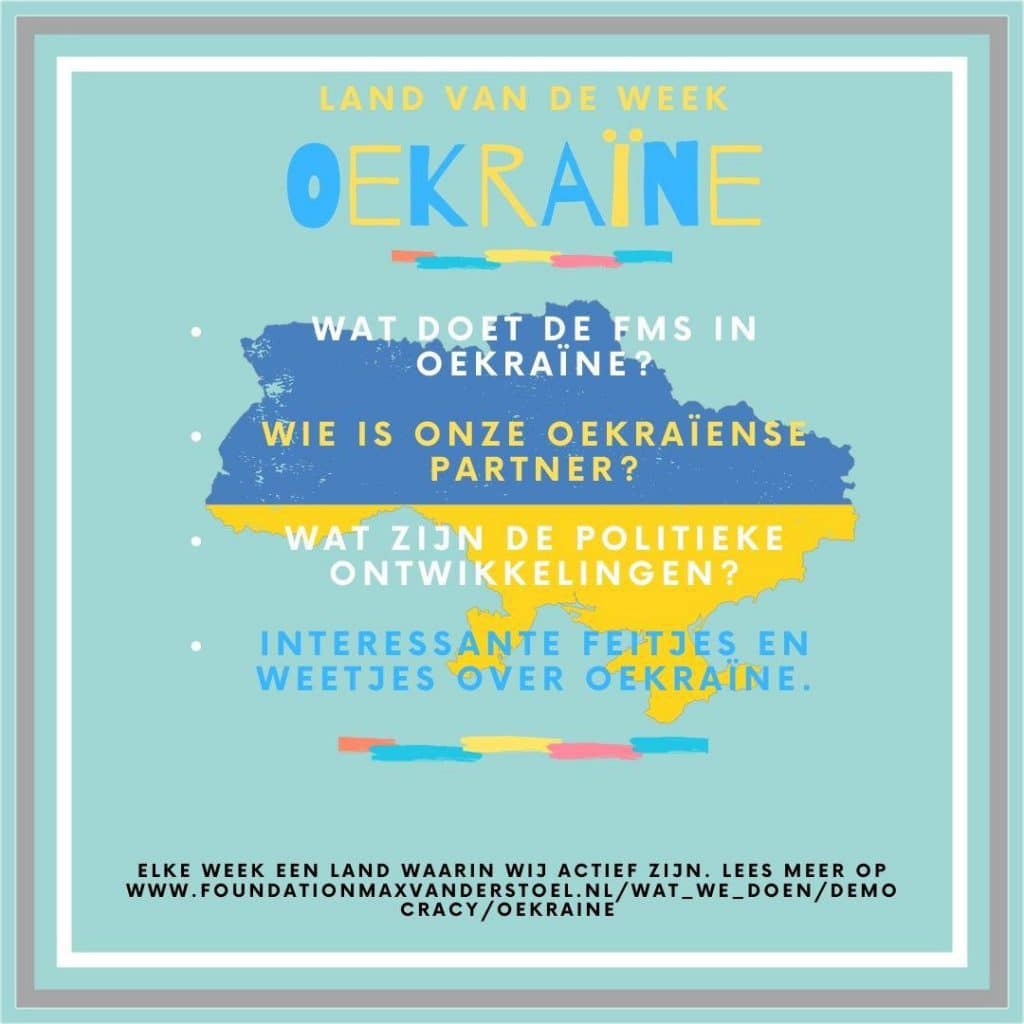
What exactly does FMS do? Where are you active? Who are your partners? Starting this week, we will answer all these questions and more in our new initiative: 'Country of the Week'. Each week, we will highlight one of the countries in which we operate and highlight what we do there through videos, fun facts and stories from our projects! This week we kick off with Ukraine.
Romania in corona time: as of 15 May, things are loosening up again
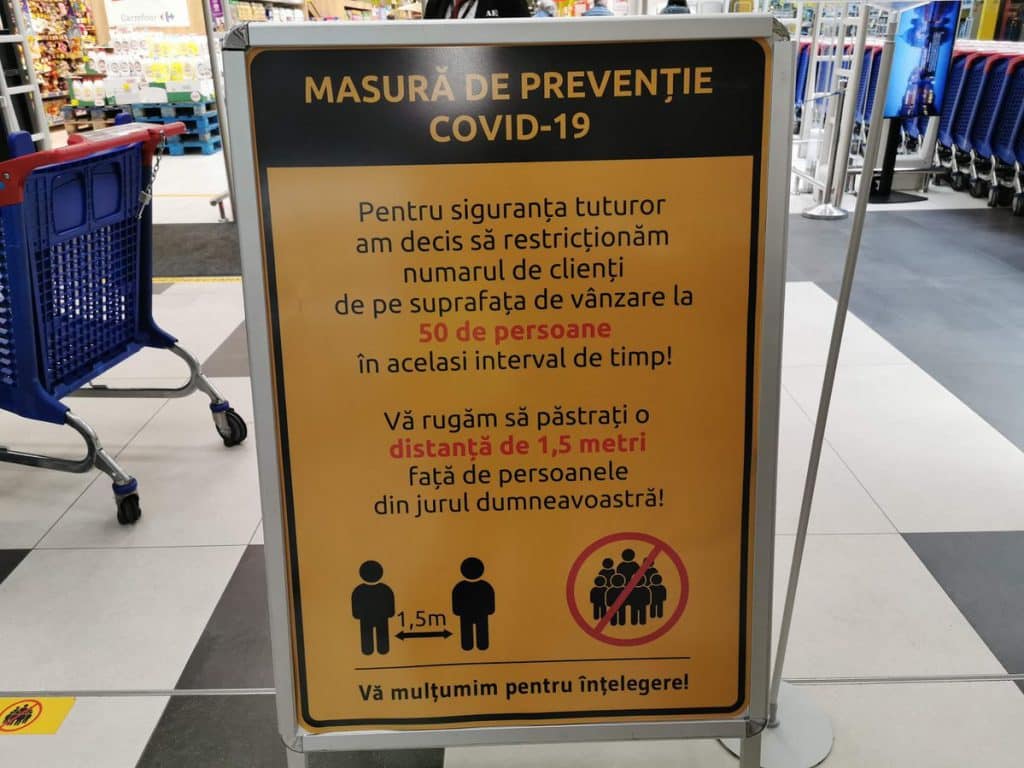
When a state of emergency was declared in mid-March and the president started ruling by military ordinance (because that was now the term), many a Romanian became distressed. It was agreed that strict measures would only help if they were firmly enforced. With the state of emergency expiring on 15 May, people are holding their hearts.
Quarantined democracy: the western Balkans
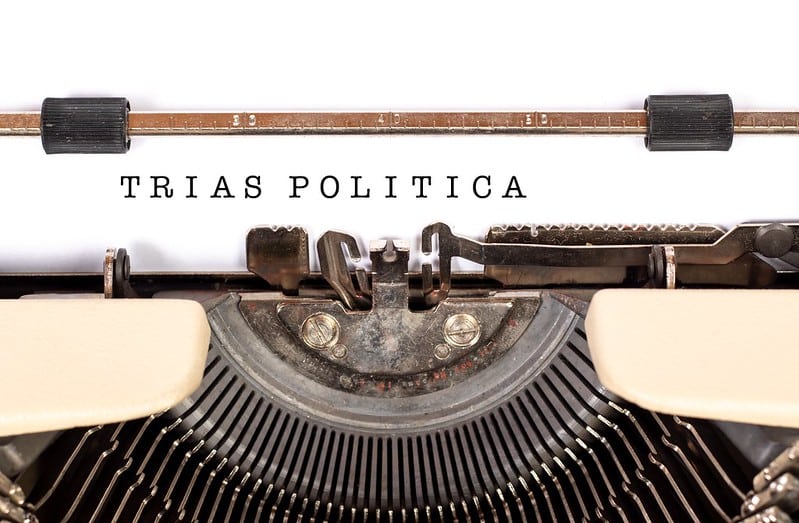
It seems that EU and its neighbours should not quarantine democracy for too long, as the Hungarian parliament passed the coronavirus law on 30 March. A controversial law designed to deal with the corona crisis. This law has no end date for the state of emergency. Prime Minister Orban received a blank check as a result. Based on this law, Orban gains a lot of power. Áll existing laws in Hungary can currently be temporarily set aside or ignored at his discretion. In addition, the Orban government can decide how long the state of emergency should remain in force. As a result, elections and referendums are not possible while the state of emergency continues. The 'Orban law' also poses a risk to journalists as they are accused of spreading 'fake news'. This puts freedom of expression at risk. Serbia and Montenegro also seem to be exploiting the corona crisis to curb media freedom. This poses a major problem for democratic rule of law and freedoms.
Marina Ohanjanyan leaves FMS after 10.5 years

After more than a decade, Marina has decided to leave us for a job with the Ministry of Defence. Of course, we cannot let her go without asking her how she has found it here with us over the past 10.5 years.
A 53-year family rule in Togo: will presidential elections bring change?
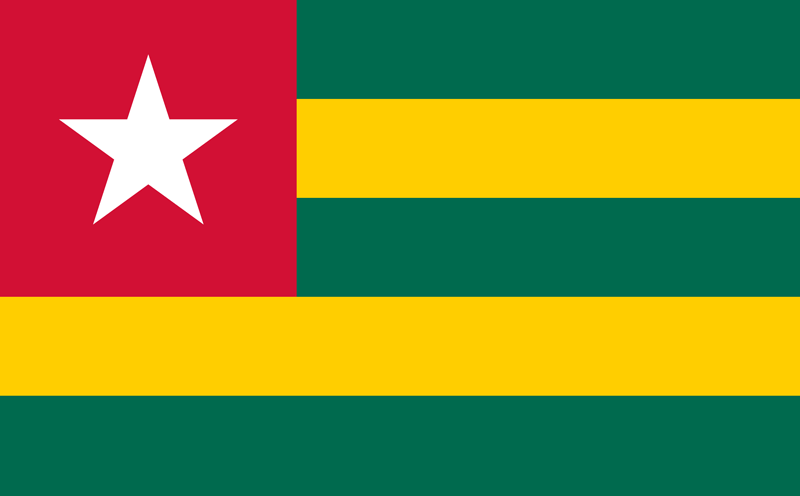
Last Saturday, the 22nd of February, presidential elections were held in Togo. Despite many protests, current president Faure Eyadéma was re-elected, continuing the already 53-year rule of the Eyadéma family. Although the run up to the elections was quite chaotic, the election day was relatively calm. However, noticeable was the fact that 500 civil society observers lost their accreditation, as they were accused of interfering in the electoral process. This was in addition to 9000 observers from the Episcopal Council for Justice and Peace who were also not allowed to monitor the votes. The elections served as a good chance to update our knowledge on this country in West Africa. We were therefore happy to speak with Kwassi Patrick Dadzie, general coordinator of Togo Focus, on the political situation in his country.
Will Elyes Fakhfakh succeed in winning the confidence of parliament?
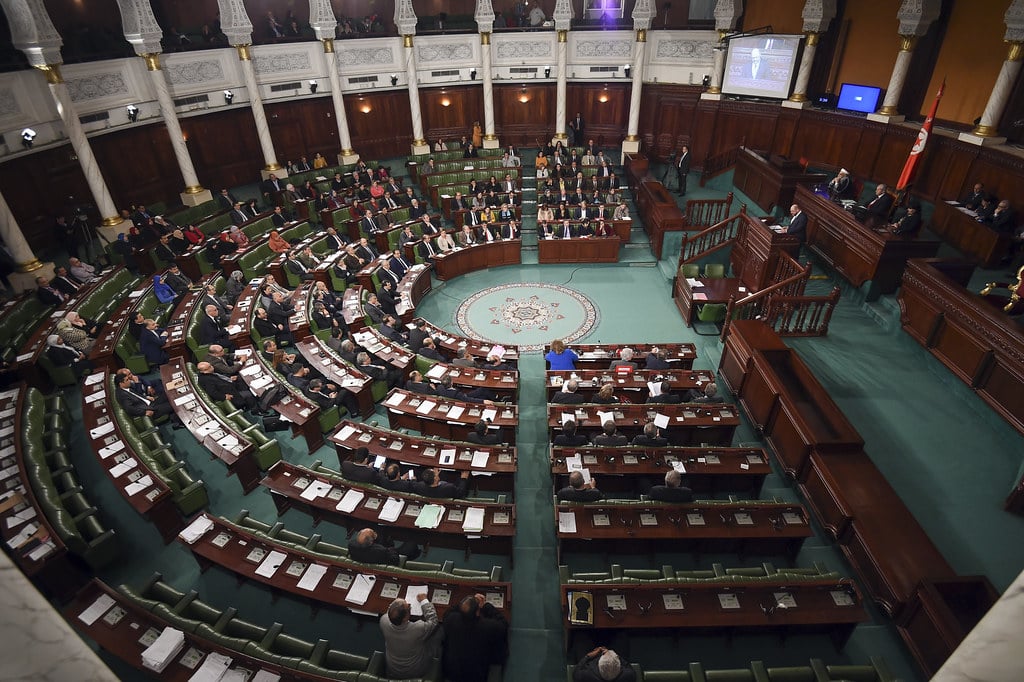
Much has happened in Tunisian politics in the past month. For instance, after months of discussions, Prime Minister-designate Habib Jemli presented his cabinet in early January, which was then rejected by parliament on 10 January. Then, on 20 January, Elyes Fakhfakh was nominated by President Kais Saied as the new prime minister whose job it is now to form a new cabinet within one month that does manage to win the confidence of parliament.
A response to Russia
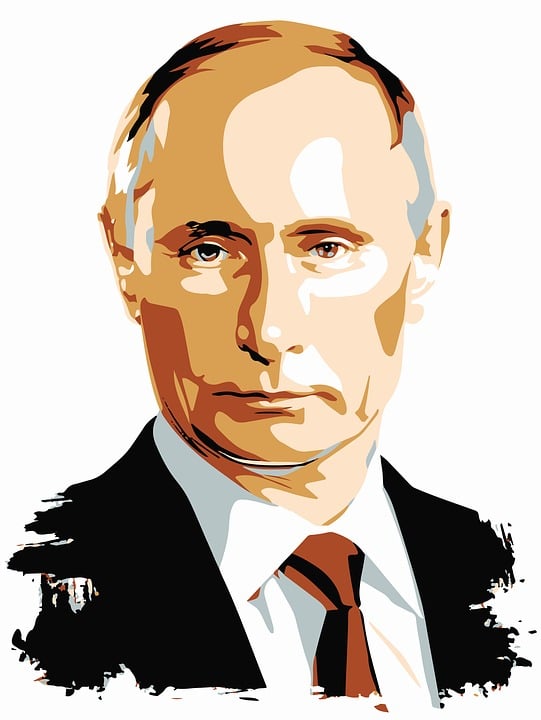
In response to the Stoffer/Verhoeven motion asking the cabinet for a Russia strategy, Minister Blok sent a letter to the House of Representatives in December. The letter more or less confirms the strategy the cabinet already adopted towards Russia in 2015, and in principle sees no reason to deviate strongly from it. The emphasis is on "pressure and dialogue" used in combination to force Russia to "respect the international rule of law and the European security order. The strategy seems mainly focused on timely and adequate responses to actions taken by the Kremlin. But it would be good to look beyond that, and look for a more proactive long-term vision.
Danijel Tadic bids farewell to the FMS after 10 years
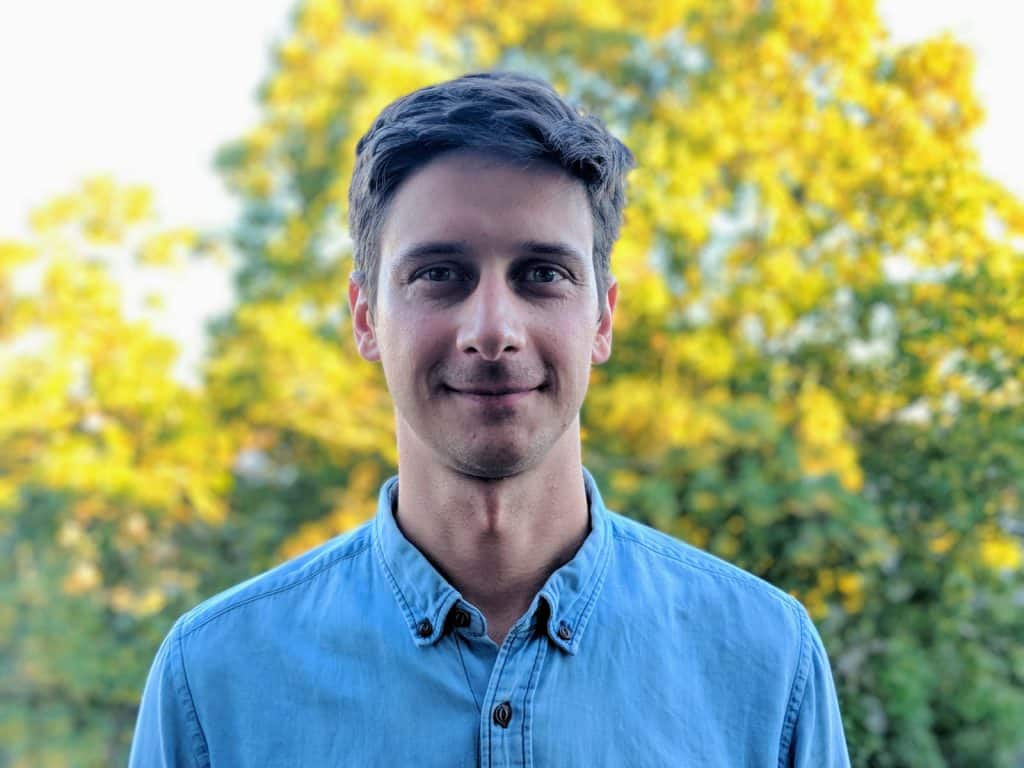
After working at FMS for 10 years, Danijel Tadic decided it was time for a new adventure. He started his new job with the Police in early December. Of course, we cannot let his departure go by just like that, so we asked him some questions about the past 10 years.
Victory for incumbent president Romania

Klaus Iohannis gets a new mandate with two-thirds of the votes in the second round of Romania's presidential elections. His opposing candidate, Viorica Dăncilă of the former Communists, is not giving in to pressure to resign as PSD party leader for the time being.
The inheritance of 1989: a missed opportunity to grow together?
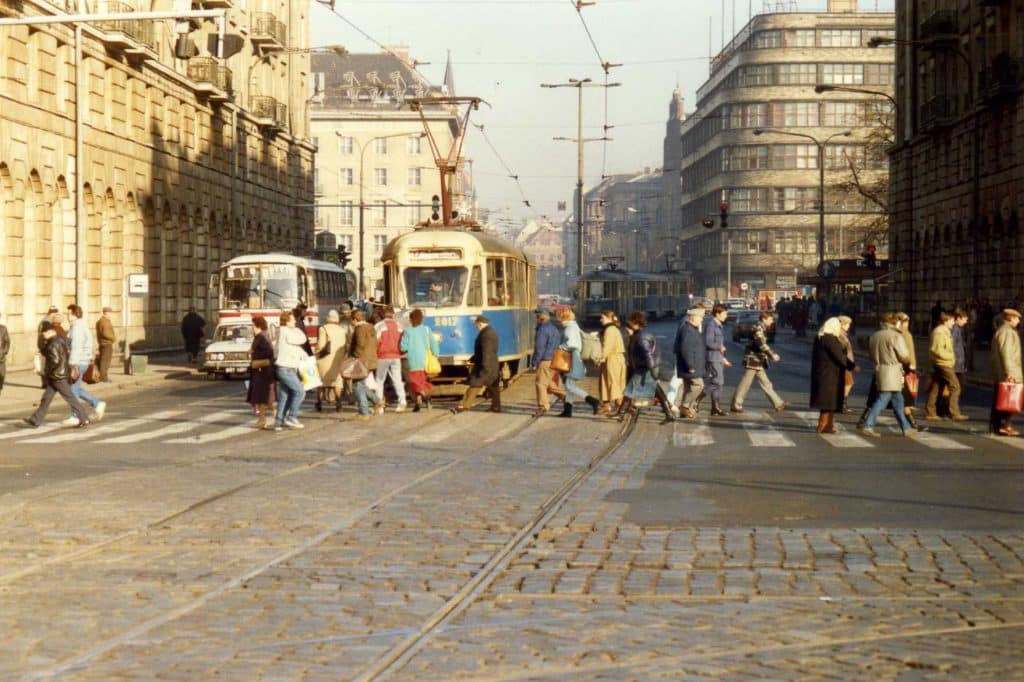
The autumn of this year offers a sad picture of Britain struggling with Brexit, Trump, Putin and Erdogan playing a cynical game with the Kurds in Syria and of the EU divided over the future of the enlargement process.
How different it was during the same period in 1989 when one communist regime after another collapsed and an European Community of 12 members was preparing for a leap forward after the planned completion of the Single Market. The European Commission was led by Jacques Delors, the French social democrat.

